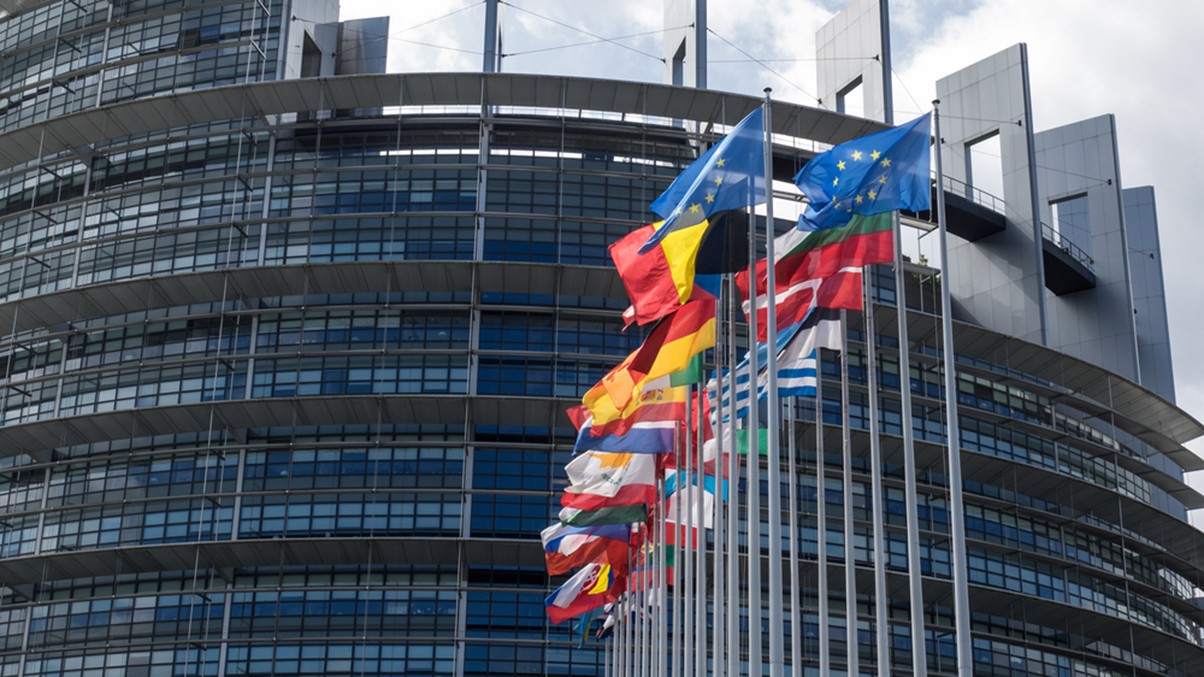An Office for Product Safety and Standards (OPSS) consultation recently sought views on the long-term approach to product safety in the UK. With the potential for greater regulatory autonomy upon leaving the European Union, the OPSS is seeking to address gaps within the current consumer protection framework in the UK.
Consumers v manufacturers
In responding to the consultation, Stewarts underlined the need for the current framework for product safety (captured primarily by the Consumer Protection Act (CPA) 1987 and the General Product Safety Regulations (GPSR) 2005) to be simplified to give consumers a greater understanding of their rights. Consumers ought to be afforded more certainty when working within a framework intended to protect them. Our view is that a key part of that process would be clarifying the interpretation of the term “defective”.
The case of Colin Gee and others v DePuy International Ltd [2018] EWHC 1208 (QB)demonstrated the court’s willingness to rely on manufacturers’ evidence when examining the defectiveness of a product. While it is necessary to consider “defect” in the context of a company’s need to innovate (a so-called ‘state of the art defence’), it should not be forgotten that the intended purpose of the Product Liability Directive was to promote consumer safety and impose strict liability. Our view is that requiring a manufacturer of complex systems to investigate and determine their own liability would likely result in abuse and undermine what is meant to be a strict liability framework. This is particularly so where rapid technological developments are challenging traditional understanding of products.
The liability regime needs to balance innovation and progress with consumer protection. That balance, as matters have developed, seems to have become skewed in favour of manufacturers.
New models of supply
We suggested that the UK should revamp its product safety laws to ensure that they are fit for the 21st century, taking into account new consumer products and cutting-edge technology. New entrants into production and supply will likely be fundamentally less experienced and possibly unaware of product regulation. Unfamiliarity with such principles carries risk and would likely impact safety standards.
Grey areas in relation to attribution and apportionment of liability will also need to be managed within the UK product safety framework. With more parties involved in the production and supply chain, it will become increasingly difficult to identify who or what caused the defect in a given product. As the lines between production and supply become more informal and less controlled, levels of compliance with safety regulations will decrease, and the liability framework will be tested.
It is paramount that the OPSS continues to take steps to implement an infrastructure in the UK that is equipped for the challenges relating to supply. Guidance and sector-specific legislation will likely be necessary.
New products and product lifecycles
The evolution of product integration has caused consumers to want greater adaptability and control in advanced technology products. However, increased complexity brings a significant risk of misunderstanding, and product knowledge is therefore critical. Consumers need to be in a position to make informed decisions about the safety of the products they are buying and using.
We appreciate that the understanding of risk must keep pace with technology. Therefore, it is incumbent on manufacturers to keep consumers suitably informed about how automated features of products can be used safely. The traditional product liability framework must evolve in equal measure; adequate safeguards must be put in place to ensure the availability of as much product information for consumers as is reasonably possible and practicable.
Enforcement
Any amendments to consumer protection rules ought to be drafted and implemented in such a way that consumers will not be faced with complicated legal and regulatory hurdles when they experience injury or damage from the sale of a defective product. However, in an increasingly global marketplace, cross-border and jurisdictional issues are arising more frequently in product liability cases, and enforcement is complex.
Post-Brexit, with greater consumer exposure to complicated liability disputes, our national product safety legislation should attempt to implement some unanimity of standards with the frameworks of other countries. The government ought to be demanding a high standard of product safety when negotiating international trade deals.
You can find further information regarding our expertise, experience and team on our Personal Injury pages.
If you require assistance from our team, please contact us or alternatively request a call back from one of our lawyers by submitting this form.
Subscribe – In order to receive our news straight to your inbox, subscribe here. Our newsletters are sent no more than once a month.






